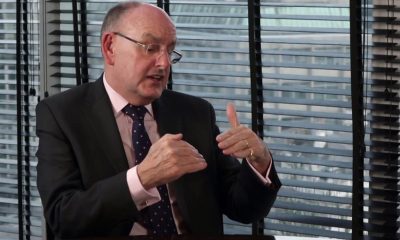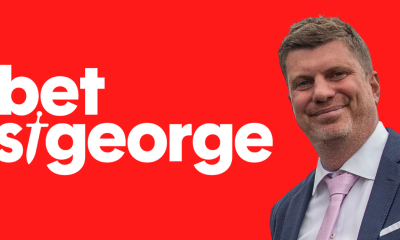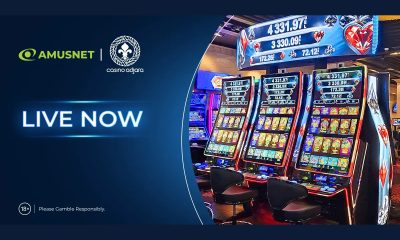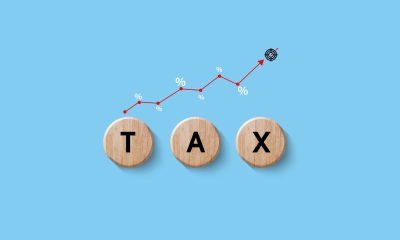Compliance Updates
UKGC Director Says Global Collaboration Vital for Regulators to Combat Illegal Gambling
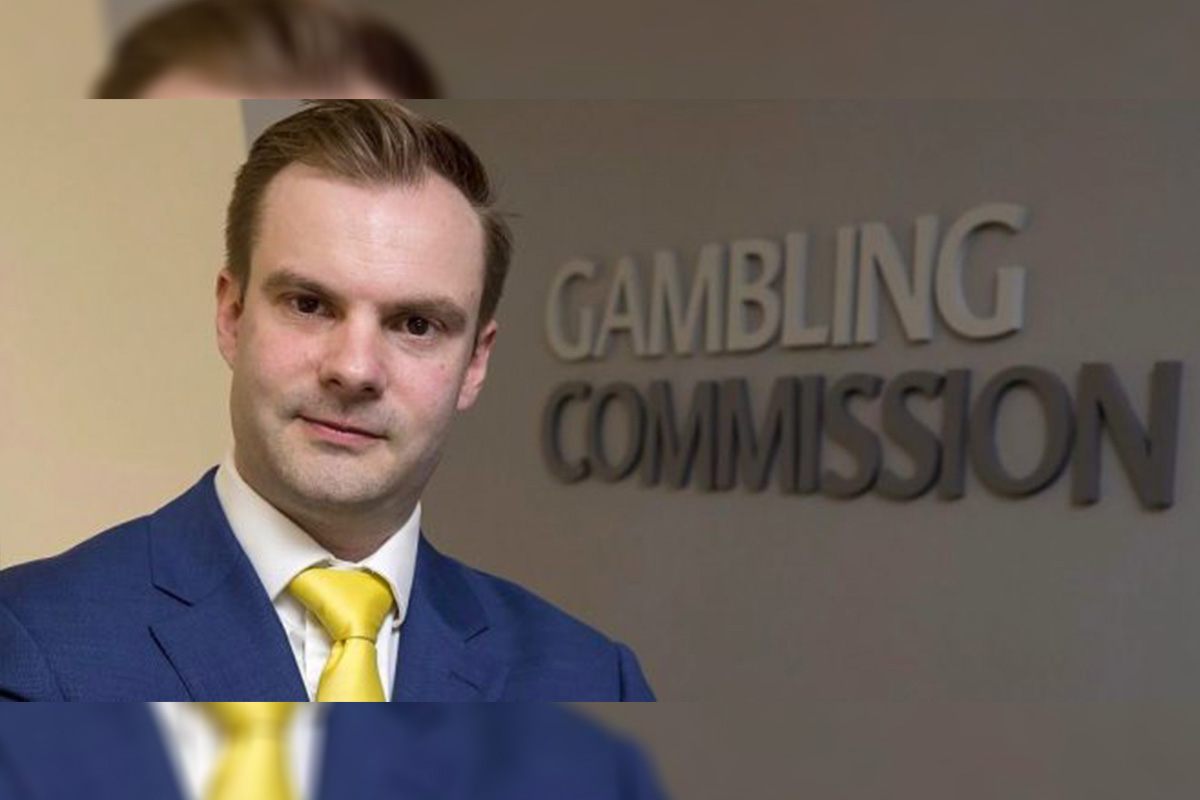
In a speech delivered at the Global Gaming Expo on October 10, Tim Miller, the executive director of the UK Gambling Commission, highlighted the crucial need for international cooperation among gambling regulators and said the UKGC is finalising several Memoranda of Understanding with US regulators to advance these efforts.
Miller emphasised that such collaboration on a global scale would bolster their collective impact and create a safer environment for customers by eliminating illegal gambling. The focus on customer protection was a significant driving force behind the UK’s Gambling Act review white paper, which was released in April this year.
Miller stated: “The collective voice of gambling regulators across the globe pressuring big tech companies, banks, and even some other jurisdictions to address the role they play in facilitating illegal gambling will be much harder to ignore.”
He emphasised that working together to make gambling safer, fairer and free from criminal involvement was a central objective of the UK government’s Gambling Act Review white paper. Following the release of the white paper, Miller noted that the Gambling Commission would have limited scope to consider policies not included in the white paper in the coming years.
The white paper presented over 60 recommendations for the industry, and the first round of consultations, which began in July, is set to close on October 18. These consultations revolve around topics such as financial risk and vulnerability, online game design, consumer choice in direct marketing and enhancing age verification in land-based premises.
Miller stressed that regulations significantly vary by jurisdiction, making it possible for an operator to be legal in one market while being illegal in another. The more gambling regulators understand each other’s rules, standards and markets, the more they can share information and best practices to increase their effectiveness.
This collaboration, Miller noted, would make it harder for uncooperative operators to circumvent regulations and would make it more likely they face difficult questions in their home jurisdiction if they act poorly elsewhere.
Miller also remarked on the success the Gambling Commission has had in the last year through collaborations with industry tools and services to combat illegal gambling. This cooperation resulted in a substantial reduction in traffic to the largest illegal sites targeting the British market. Miller emphasised the importance of such joint efforts with payment providers, internet search providers and product and games developers.
Compliance Updates
Isle of Man Govt Publishes its National Risk Assessment (NRA) Covering Money Laundering Risk in Gambling Sector
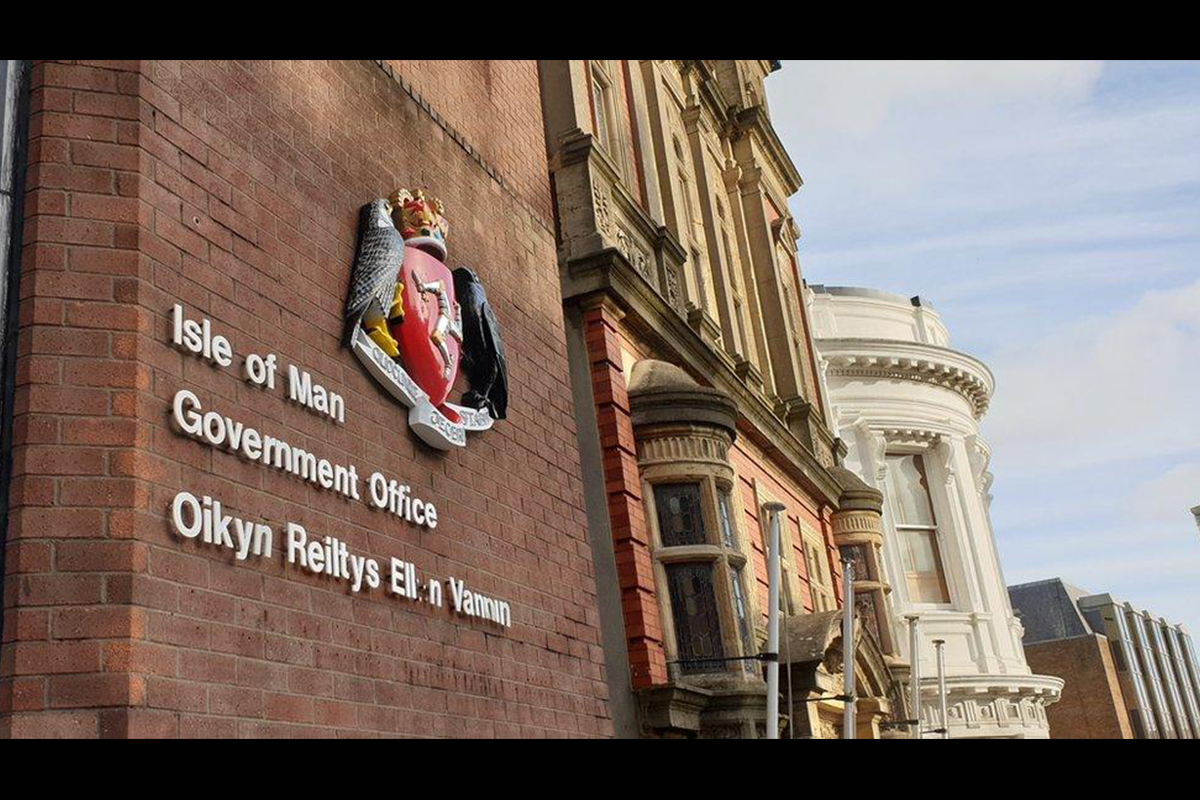
The Isle of Man government has published its updated National Risk Assessment (NRA) for the gambling sector.
The assessment identifies key threats of Money Laundering (ML) to the island’s Gambling sector (both Terrestrial and Online) and the materiality and impact of those threats. Both terrestrial and online gambling have been given a risk rating, with an overall rating for gambling as a whole. These risk ratings and key findings of the NRA feed into the wider NRA work, ensuring the Island has a comprehensive view of the entire threat landscape.
The NRA aggregates, compares and weighs the findings across all sectors to determine which risks drive national exposure. This ensures the NRA is not hypothetical: it reflects actual sector-level dynamics so that the Island can understand the “bigger picture” with each sectoral assessment piecing together a border threat picture.
It is important that the island has a comprehensive understanding of risk at all levels, which does not reflect poor standards but instead outlines structural features of a sector. A robust NRA demonstrates that the jurisdiction understands its ML risks and applies targeted controls that are appropriate.
Risk Ratings are as follows:
• The gambling sector overall is assessed as medium-high risk for money laundering.
• The online gambling sector has a medium-high risk, reflecting a large number of international customers and transaction volumes.
• The terrestrial gambling has a medium-low risk, reflecting its smaller size, domestic profile and lower transaction volumes.
Key Takeaways
The Sectoral NRA highlights core threats in both the online and terrestrial sectors, including:
• Criminal ownership and control of gambling businesses or B2B services, via front companies and complex corporate structures.
• Exploitation by organised crime groups, including those from East and Southeast Asia, for money laundering, cyber-enabled crime and other illicit activities globally.
• Criminals use false or stolen IDs, synthetic identities, and mule identities to access gambling services and obscure their true identity to bypass due diligence controls.
• For terrestrial gambling, cash-intensive operations and casino-specific instruments remain primary channels for laundering domestic predicate offences.
It also highlights potential emerging threats such as:
• Use of advanced technologies (AI, deepfakes, virtual assets) to obscure identities, automate fraud, and facilitate cross-border transfers.
• Use of “turnkey solutions” (pre-packaged business setups) allowing rapid establishment of operations and access to banking services with minimal experience.
Importantly, the NRA makes it clear that these risks arise in specific circumstances with the sector operating legitimate international structures, strong governance and applying high standards of AML/CFT compliance. Those features that make activity higher risk for misuse should be considered within that context.
The post Isle of Man Govt Publishes its National Risk Assessment (NRA) Covering Money Laundering Risk in Gambling Sector appeared first on Eastern European Gaming | Global iGaming & Tech Intelligence Hub.
Compliance Updates
Wiebe Ruttenberg Appointed as Member of the Board of Directors of the Dutch Gaming Authority
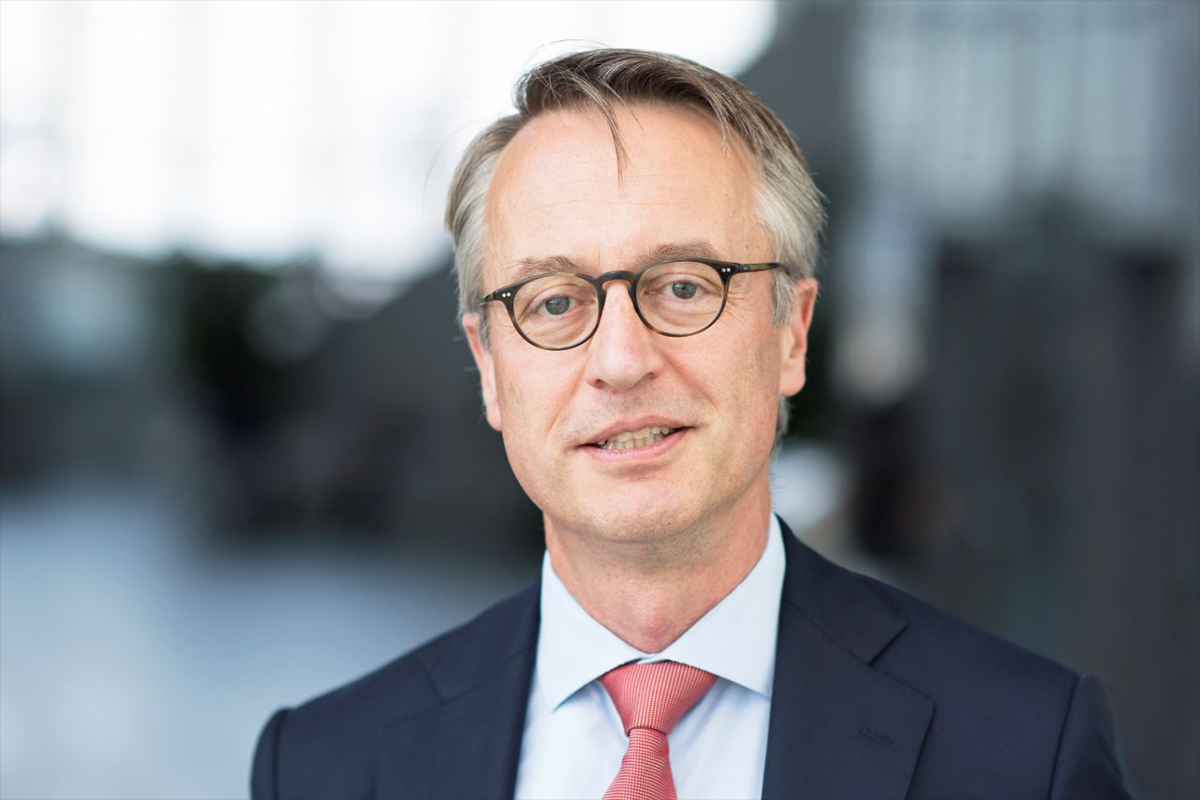
Wiebe Ruttenberg has joined the Board of Directors of the Netherlands Gambling Authority (KSA) on March 1. As a member of the Board of Directors, he will be responsible for Digital Transformation.
Wiebe Ruttenberg has experience as a board advisor at Bunq and SecAlliance and as a guest lecturer in Operational & Cyber Resilience at the European University Institute. He previously served as Programme Director for Cyber Resilience Strategy at the European Central Bank and held various positions at De Nederlandsche Bank (DNB) and the Ministry of Finance.
Michel Groothuizen, Chairman of the Board of Directors of the Netherlands Gambling Authority, said: “I’m pleased with Wiebe’s arrival as a member of the Executive Board, responsible for Digital Transformation. The rise of illegal gambling sites, cryptocurrencies, and AI applications are just a few examples that require the KSA to continue evolving into a data-driven and risk-driven organization, with an innovative toolkit that allows it to tackle illegal providers in new ways. A key challenge in this regard is establishing collaborative relationships with public and private parties, including those within the financial sector. I’m pleased that Wiebe, with his extensive knowledge of and experience with the financial sector, technological innovation, and European decision-making, brings the external perspective the KSA needs in this area.”
The post Wiebe Ruttenberg Appointed as Member of the Board of Directors of the Dutch Gaming Authority appeared first on Eastern European Gaming | Global iGaming & Tech Intelligence Hub.
Compliance Updates
Sweden: Expanded Credit Ban & New Supervisory Actions

The Swedish Parliament (Riksdagen) has adopted an expanded credit ban under the Gambling Act (2018:1138). The amendments enter into force on 1 May 2026, with no transitional period.
Key consequences include:
• A de facto credit card ban for gambling as license holders and agents are prohibited from permitting or facilitating gambling financed through any form of credit.
• The prohibition also covers alternative credit arrangements (e.g., personal loans or similar financing solutions) where the use of credit becomes known to the operator, e.g. through KYC or duty of care interventions. License holders are required to have procedures in place regarding the actions to be taken in cases where they become aware that a customer is using credit to finance their gambling
• Operators must actively inform customers of the credit restrictions, for example in connection with deposits.
Swedish Consumer Agency Report – Review of Withdrawal Practices
On 24 February 2026, the Swedish Consumer Agency published a report assessing gambling operators’ withdrawal restrictions and terms.
The review identifies three key areas of concern for the current online gambling market:
Vague and discretionary wording
Terms including expressions such as “at our own discretion” or references to a “non-exhaustive list” limit predictability for consumers. Such formulations may create a significant imbalance between the parties and risk being deemed unfair.
Excessive verification requirements
Some license holders require extensive documentation at the withdrawal stage, including notarised copies of passports. Complaints show that these requirements are often applied only at payout, resulting in delayed withdrawals or frozen accounts. The authority emphasises that verification measures must be risk-based, proportionate, and not impose unnecessary barriers.
Insufficient transparency regarding withdrawal terms
In certain cases, minimum withdrawal thresholds, wagering requirements, or administrative fees are applied without being clearly disclosed in the terms and conditions. Referring consumers to external sources for key withdrawal rules reduces transparency and may render such terms unfair.
While the report does not have binding legal effect as such, it provides a clear guidance on the the Swedish Consumer Agency’s expectations and the likely direction of future supervisory assessments.
Supervisory Developments
In the early months of 2026, the SGA has initiated a number of supervisory cases.
Supervisory matters are currently initiated and/or pending in the following areas:
• 9 cases concerning B2C license holders’ compliance routines for verifying their cooperation partners, including ensuring that B2B partners hold the required permits, and the internal procedures governing such controls.
• 3 ongoing AML cases.
• 1 ongoing RG case.
• 2 supervisory cases directed at B2B permit holders regarding the provision of gambling software to entities other than licensed B2C operators.
• Additional cases relating to physical lotteries, compliance with information obligations in bingo halls and vessels in international traffic.
The post Sweden: Expanded Credit Ban & New Supervisory Actions appeared first on Eastern European Gaming | Global iGaming & Tech Intelligence Hub.
-

 Comatel6 days ago
Comatel6 days agoCOMATEL CELEBRARÁ UNA FIESTA PARA CIENTOS DE OPERADORES TRAS FINALIZAR EL PRIMER DÍA DE LA FERIA ESPAÑOLA, INTERAZAR
-

 Alex Green Vice President Games at ZEAL7 days ago
Alex Green Vice President Games at ZEAL7 days agoWunderino Adds ZEAL’s Premium Slots as Partnership Kicks Off
-

 Brasil7 days ago
Brasil7 days agoBrasil evita choque fiscal y apuestas entran en fase reputacional en LATAM
-

 Fotini Matthaiou6 days ago
Fotini Matthaiou6 days agoOctavian Gaming Titles Go Live with Novibet in Mexico
-

 Compliance Updates6 days ago
Compliance Updates6 days agoSpillemyndigheden: New Guidance on Responsible Gambling
-

 Amusnet6 days ago
Amusnet6 days agoAmusnet Introduces its “Jackpot Cards Plus” Island at Casino Adjara
-

 Fast Track6 days ago
Fast Track6 days agoFast Track Spark Lands in São Paulo for Advanced Retention Workshop
-

 Betting and Gaming Council6 days ago
Betting and Gaming Council6 days agoBGC: Government Tax Hike Boost for Black Market









